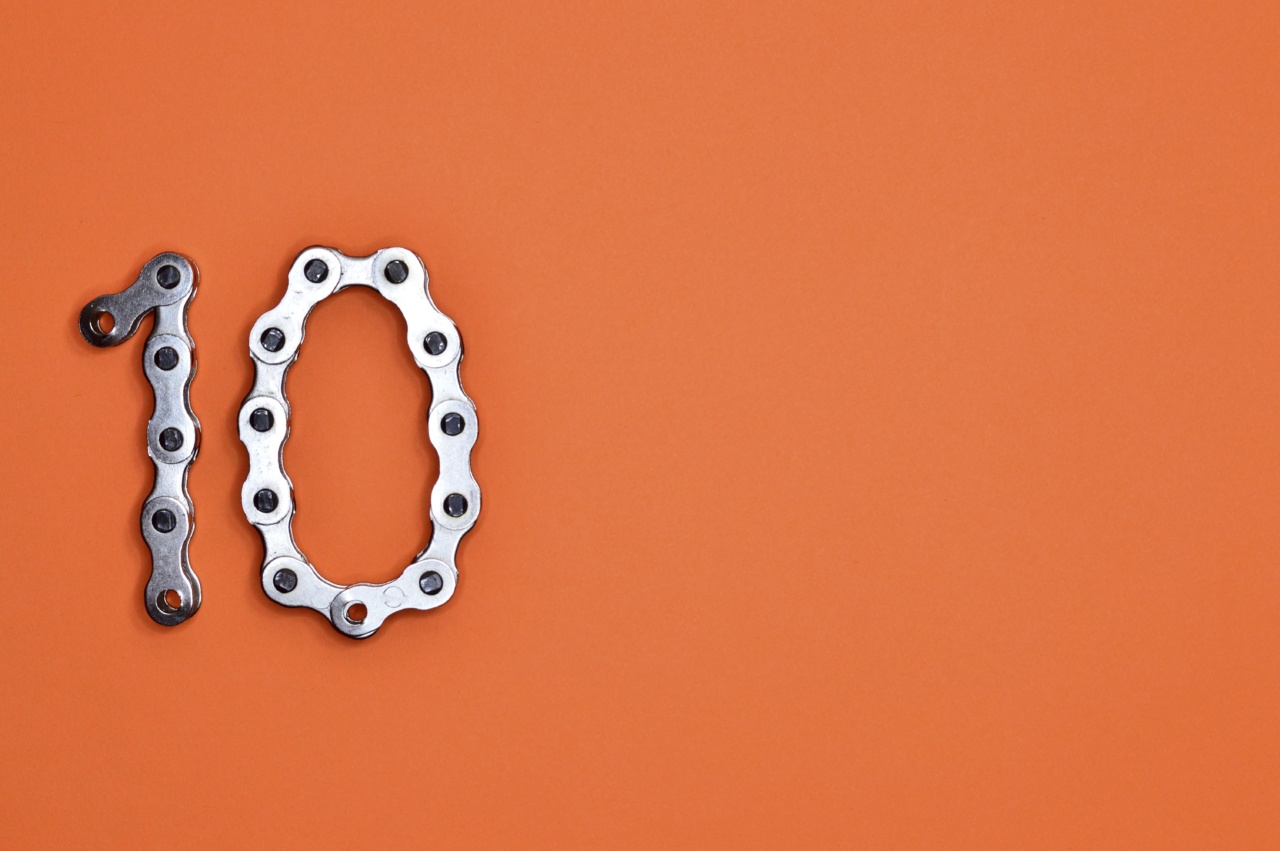Menstrual irregularities refer to changes in the normal menstrual cycle and can include an absence of periods, infrequent periods, or periods lasting longer than usual.
Although menstrual irregularities can occur for a variety of reasons, recent research has suggested that there may be a link between type 2 diabetes and menstrual irregularities in women.
Understanding Type 2 Diabetes
Type 2 diabetes is a chronic condition that affects how your body processes glucose, a type of sugar that is your body’s main source of energy.
In a healthy body, insulin (a hormone produced by the pancreas) helps move glucose from the bloodstream into the body’s cells, where it can be used for energy. However, in people with type 2 diabetes, their body either doesn’t make enough insulin, or the cells in their body don’t respond to insulin as well as they should, which leads to high levels of glucose in the bloodstream.
The Relationship Between Type 2 Diabetes and Menstrual Irregularities
In recent years, there has been growing evidence to suggest that there is a link between type 2 diabetes and menstrual irregularities in women.
Specifically, studies have found that women with type 2 diabetes are more likely to experience irregular periods, longer periods, and heavier periods than women without diabetes.
One reason for this link is that insulin resistance (a hallmark of type 2 diabetes) can affect hormone levels in the body.
In particular, insulin resistance can lead to higher levels of androgens (male hormones) in the body, which can disrupt the delicate balance of hormones that regulate the menstrual cycle. This disruption can lead to menstrual irregularities and other reproductive health issues, such as polycystic ovary syndrome (PCOS).
Risk Factors for Menstrual Irregularities in Women with Type 2 Diabetes
Although all women with type 2 diabetes may be at risk for menstrual irregularities, certain factors may increase that risk. For example:.
- Being overweight or obese
- Having high blood pressure
- Having high cholesterol
- Having a family history of type 2 diabetes
- Suffering from depression or anxiety
How Menstrual Irregularities Can Affect Diabetes Management
For women with type 2 diabetes, menstrual irregularities may make managing their condition more difficult. This is because changes in hormone levels can affect how the body processes insulin, which can cause blood glucose levels to fluctuate.
In addition, some women with menstrual irregularities may experience symptoms such as bloating, cramping, and mood swings, which can make it harder to maintain a healthy diet and exercise routine, which are key components of diabetes management.
Treatment Options for Menstrual Irregularities in Women with Type 2 Diabetes
If you are a woman with type 2 diabetes who is experiencing menstrual irregularities, there are several treatment options available. These include:.
- Hormone therapy: This involves taking medications, such as birth control pills, to regulate hormone levels and regulate the menstrual cycle.
- Weight loss: Losing weight through a healthy diet and regular exercise can improve insulin sensitivity and reduce symptoms of menstrual irregularities.
- Stress reduction: Stress can worsen symptoms of menstrual irregularities, so finding ways to reduce stress (such as meditation or yoga) can be helpful.
- Diabetes management: Controlling blood glucose levels through diet, exercise, and medication can also help improve symptoms of menstrual irregularities.
Conclusion
Overall, there is a clear link between type 2 diabetes and menstrual irregularities in women.
However, by understanding the underlying factors that contribute to this link and by seeking appropriate treatment, women with type 2 diabetes can manage their condition and achieve optimal reproductive health.




























